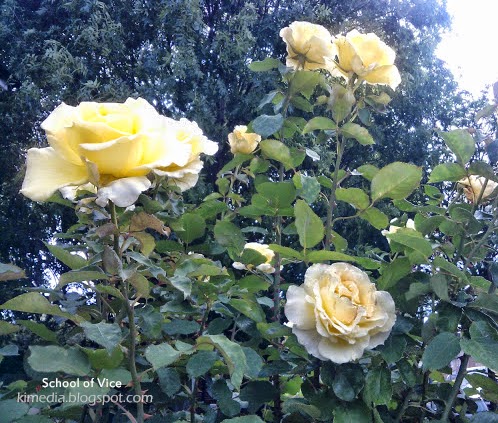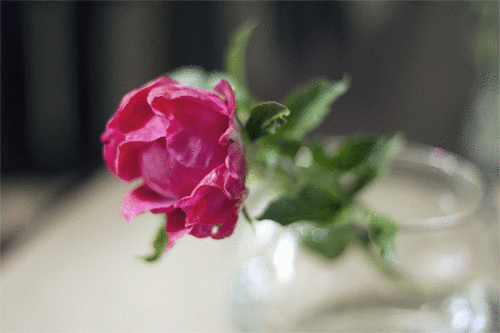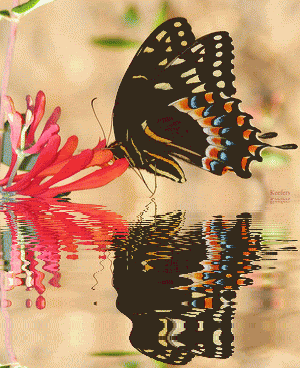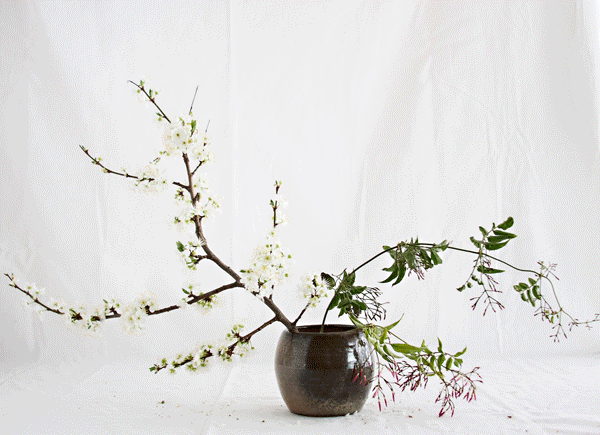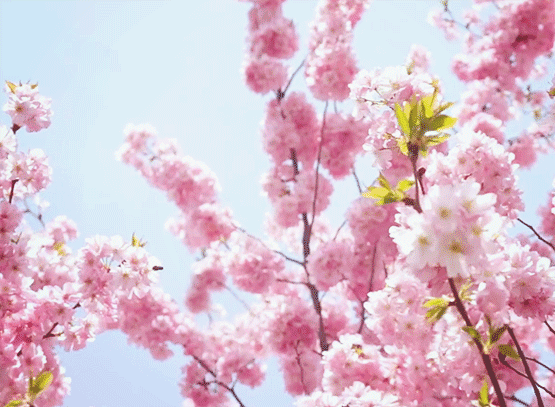Happily Married Life
By Ven. Dr. K. Sri Dhammananda
In a true marriage, man and women think more of the Partnership than they do of themselves. It is an interweaving of interests and a facing of sacrifice together for the sake of both.
A feeling of security and contentment comes from mutual efforts.
Most of the trouble and worries occuring* amongst husband and wife, parents and children, their relatives and friends are due to misunderstanding and impatience. The husband should not treat the wife as a servant. Although he is the bread-winner of the family, it is his duty whenever he is free to help his wife in the household. On the other hand the wife should not always nag or grumble at her husband whenever there is any shortage at home. She should not also be suspicious of her husband. If he really has some weakness she could correct him by talking it over with him kindly. A wife has to tolerate a lot of things without bothering her husband. A husband also has to act wisely.
Marriage is a blessing but many people turn their married life into a curse due to lack of understanding, tolerance and patience. Poverty is not the main cause of an unhappy married life. Husband and wife must learn to share the pleasure and pain of everything in their daily life. Mutual understanding is the secret of a happy family life.


